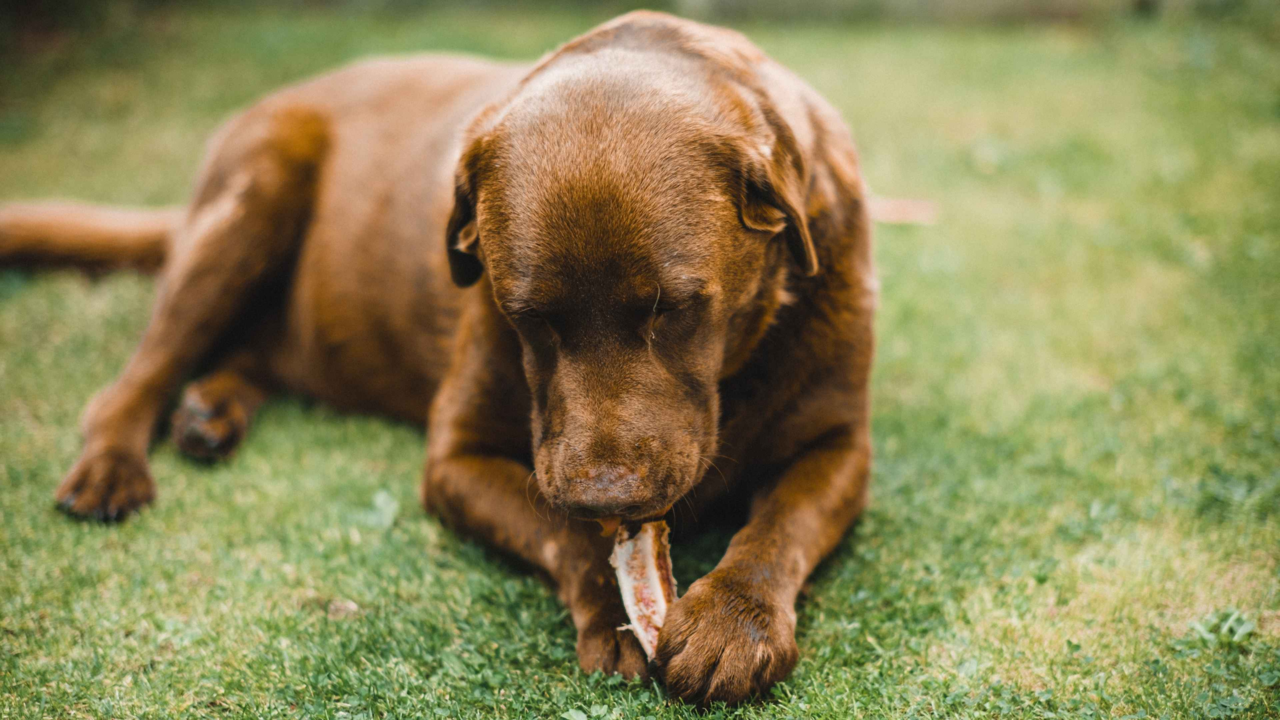
Why Do Dogs Bury Bones? Instinct Explained & Prevention Tips
Ever found a hidden stash of treats or chewed toys in your backyard? If you’ve caught your pup in the act and wondered, “Why do dogs bury bones?”, you’re not alone. This age-old canine behaviour is rooted in instinct, but it can be frustrating when it leaves holes in your garden. In this guide, we’ll explain why your dog might be digging and stashing their prized possessions, and share effective ways New Zealand pet parents can help curb the habit.
Understanding The Instinct To Bury Bones
Burying bones or food is a natural behaviour that dogs have inherited from their wild ancestors. Before dogs were domesticated, wolves and wild canines would hide excess food to protect it from predators and eat it later during lean times. Today, your dog may not need to “save” their treats or food, but that survival instinct can still kick in—especially if they feel uncertain about the availability of resources or are particularly possessive about a specific item.
Common Triggers For Digging And Hiding Items
Dogs might bury bones or toys for several reasons beyond instinct:
- Overfeeding or excess food: If a dog receives more than they can eat, especially with high-value dry food or wet food, they might bury the rest for later.
- Boredom: Dogs left alone for long periods without stimulation may turn to digging as a form of entertainment. Durable chew toys can help redirect this behaviour.
- Anxiety or stress: Nervous dogs may bury items as a coping mechanism. Consider using calming supplements or gear to ease their anxiety.
- Possessiveness: Some dogs bury items they see as especially valuable to prevent others from taking them, including other pets.
How To Prevent Your Dog From Burying Bones
While burying behaviour is natural, it can be redirected rather than punished. Here are some tips to help protect your backyard (and your dog’s dental chews):
- Feed the right amount: Stick to a consistent feeding schedule with appropriate dog food portions. If you're unsure, consult your vet or explore our science-backed nutrition options.
- Offer mental stimulation: Puzzle toys and interactive games can reduce boredom. You can find fun options in our range of smart tech toys for dogs.
- Encourage play indoors: Redirect your dog’s energy inside with exciting top-rated toys and chews to limit outdoor digging opportunities.
- Provide secure storage: Avoid leaving bones or treats lying around unsupervised. Use air-tight containers or place them in a treat-dispensing smart feeder.
Training And Positive Reinforcement
Prevention starts with positive reinforcement. When your dog avoids digging or responds to redirection, reward them with training treats or praise. You might also consider early-stage puppy training essentials if the behaviour starts young. Avoid punishment, as it can increase anxiety and make hiding behaviour worse.
When To Seek Professional Help
If your dog’s burying or digging habits become obsessive or result in destructive behaviour, it may be time to speak with a professional trainer or veterinary behaviourist. A comprehensive approach including diet, enrichment, and behavioural supplements may offer better results. Don’t hesitate to ask your vet about next steps if the habit becomes unhealthy or unmanageable.
Managing Dogs That Bury Bones
Burying bones is a normal part of your dog’s behaviour, but it doesn’t need to wreck your garden or create stress in your household. By understanding their instinct and adjusting their routine with the right toys, food, and training tools, you’ll be well on your way to a dug-free backyard. For trustworthy products to help manage this behaviour, explore our full range of quality pet supplies at Petdirect.
Need help choosing products to redirect your dig-happy dog? Visit our online shop today for expert-approved picks and free shipping over $75.